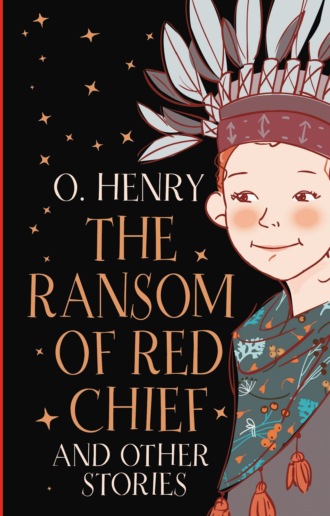
Полная версия
«The Ransom of Red Chief» and Other Stories / «Вождь краснокожих» и другие рассказы
“Not much need of having in high-priced experts to prove the coin's queer, is there, Kil?” smiled Littlefield, as he thumped the dollar down upon the table, where it fell with no more ring than would have come from a lump of putty.
“I guess the Greaser's as good as behind the bars,” said the deputy, easing up his holsters. “You've got him dead. If it had been just one time, these Mexicans can't tell good money from bad; but this little yaller rascal belongs to a gang of counterfeiters, I know. This is the first time I've been able to catch him doing the trick. He's got a girl down there in them Mexican jacals on the river bank. I seen her one day when I was watching him. She's as pretty as a red heifer in a flower bed.”
Littlefield shoved the counterfeit dollar into his pocket, and slipped his memoranda of the case into an envelope. Just then a bright, winsome face, as frank and jolly as a boy's, appeared in the doorway, and in walked Nancy Derwent.
“Oh, Bob, didn't court adjourn at twelve today until tomorrow?” she asked of Littlefield.
“It did,” said the district attorney, “and I'm very glad of it. I've got a lot of rulings to look up, and-”
“Now, that's just like you. I wonder you and father don't turn to law books or rulings or something! I want you to take me out plover-shooting this afternoon. Long Prairie is just alive with them. Don't say no, please! I want to try my new twelve-bore hammerless. I've sent to the livery stable to engage Fly and Bess for the buckboard; they stand fire so nicely. I was sure you would go.”
They were to be married in the fall. The glamour was at its height. The plovers won the day-or, rather, the afternoon-over the calf-bound authorities. Littlefield began to put his papers away.
There was a knock at the door. Kilpatrick answered it. A beautiful, dark-eyed girl with a skin tinged with the faintest lemon colour walked into the room. A black shawl was thrown over her head and wound once around her neck.
She began to talk in Spanish, a voluble, mournful stream of melancholy music. Littlefield did not understand Spanish. The deputy did, and he translated her talk by portions, at intervals holding up his hand to check the flow of her words.
“She came to see you, Mr. Littlefield. Her name's Joya Treviñas. She wants to see you about-well, she's mixed up with that Rafael Ortiz. She's his-she's his girl. She says he's innocent. She says she made the money and got him to pass it. Don't you believe her, Mr. Littlefield. That's the way with these Mexican girls; they'll lie, steal, or kill for a fellow when they get stuck on him. Never trust a woman that's in love!”
“Mr. Kilpatrick!”
Nancy Derwent's indignant exclamation caused the deputy to flounder for a moment in attempting to explain that he had misquoted his own sentiments, and then he went on with the translation:
“She says she's willing to take his place in the jail if you'll let him out. She says she was down sick with the fever, and the doctor said she'd die if she didn't have medicine. That's why he passed the lead dollar on the drug store. She says it saved her life. This Rafael seems to be her honey, all right; there's a lot of stuff in her talk about love and such things that you don't want to hear.”
It was an old story to the district attorney.
“Tell her,” said he, “that I can do nothing. The case comes up in the morning, and he will have to make his fight before the court.”
Nancy Derwent was not so hardened. She was looking with sympathetic interest at Joya Treviñas and at Littlefield alternately. The deputy repeated the district attorney's words to the girl. She spoke a sentence or two in a low voice, pulled her shawl closely about her face, and left the room.
“What did she say then?” asked the district attorney.
“Nothing special,” said the deputy. “She said: 'If the life of the one'-let's see how it went-'Si la vida de ella á quien tu amas-if the life of the girl you love is ever in danger, remember Rafael Ortiz.'”
Kilpatrick strolled out through the corridor in the direction of the marshal's office.
Конец ознакомительного фрагмента.
Текст предоставлен ООО «Литрес».
Прочитайте эту книгу целиком, купив полную легальную версию на Литрес.
Безопасно оплатить книгу можно банковской картой Visa, MasterCard, Maestro, со счета мобильного телефона, с платежного терминала, в салоне МТС или Связной, через PayPal, WebMoney, Яндекс.Деньги, QIWI Кошелек, бонусными картами или другим удобным Вам способом.


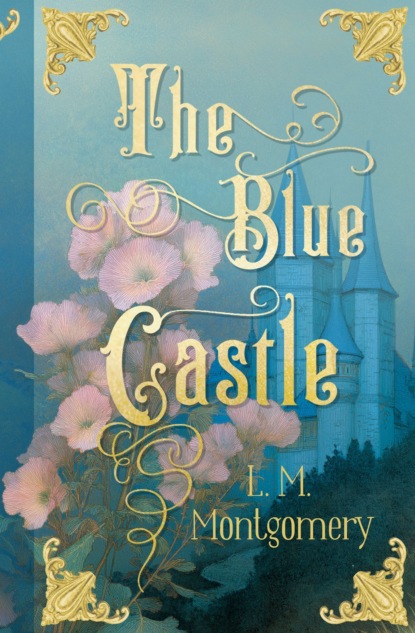
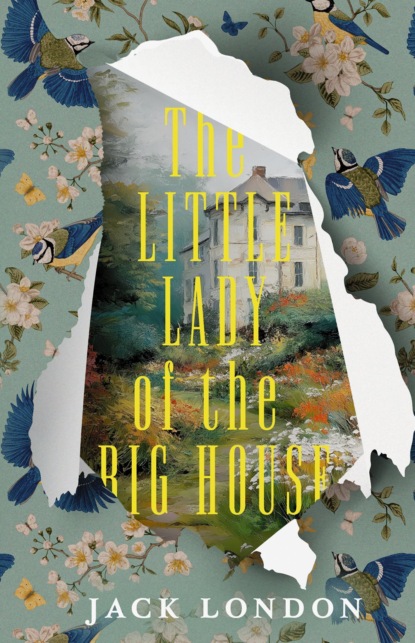
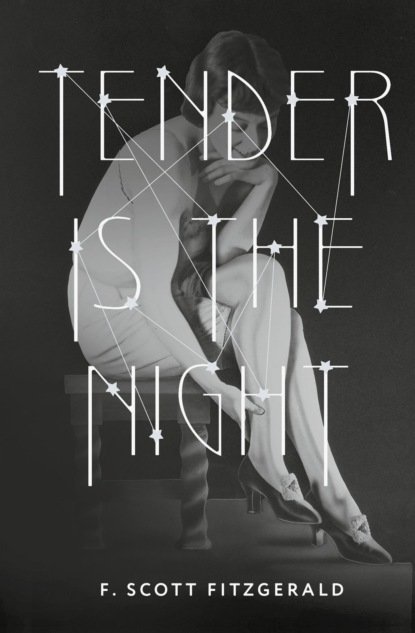
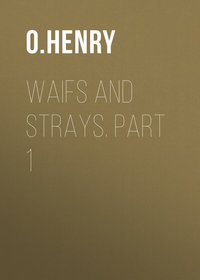


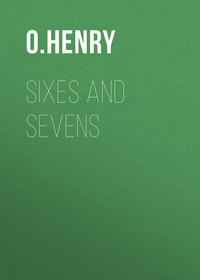



![Heart of the West [Annotated]](/covers_200/25561004.jpg)